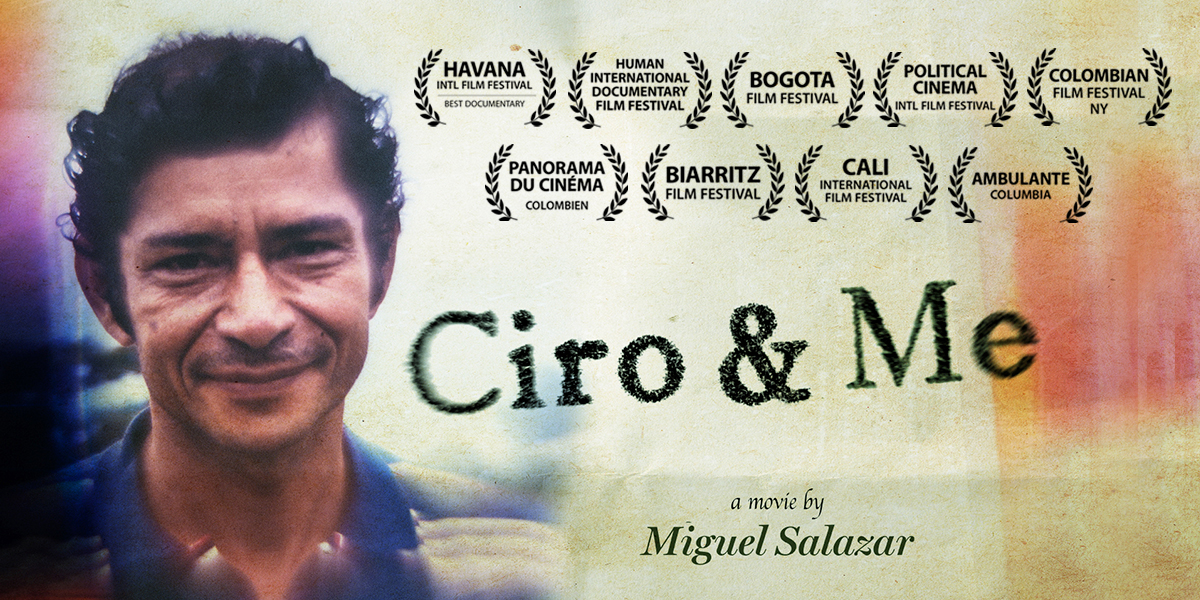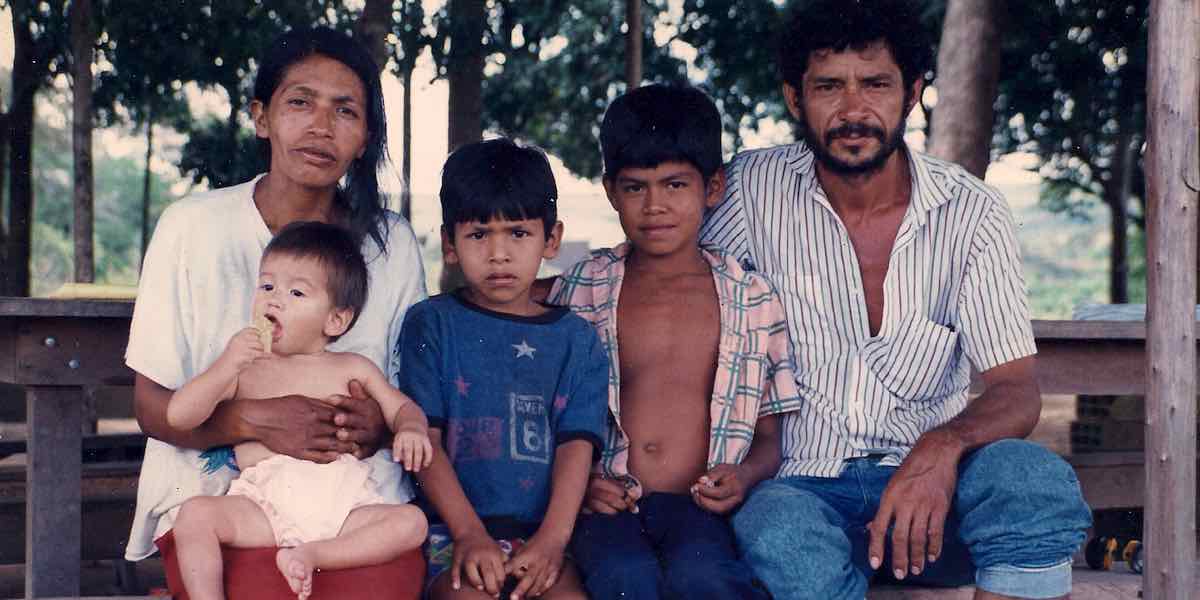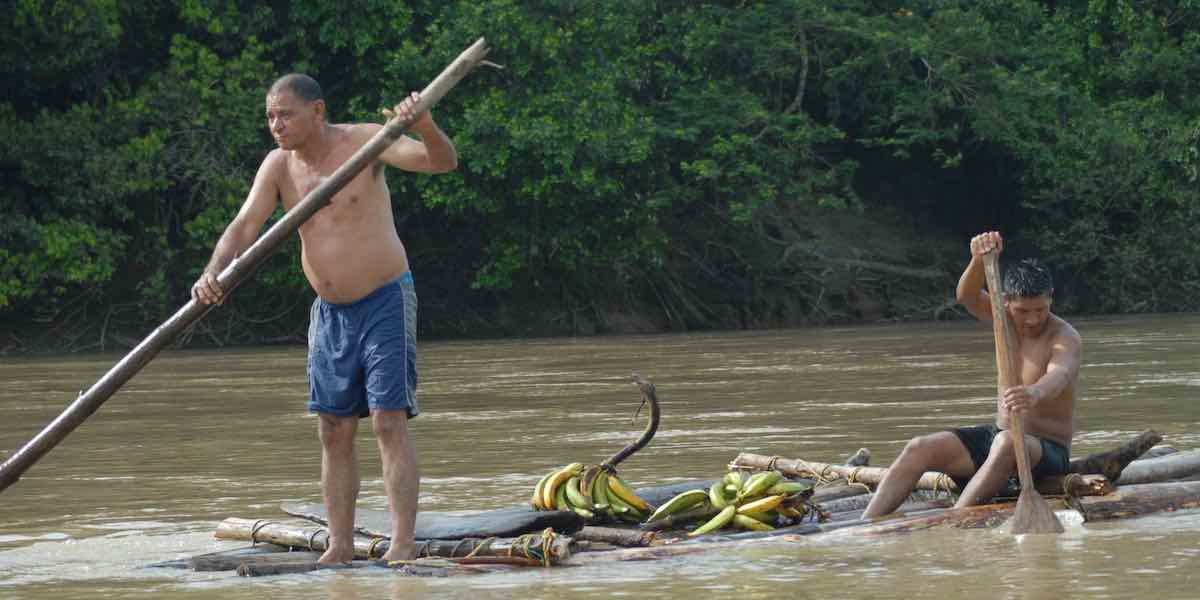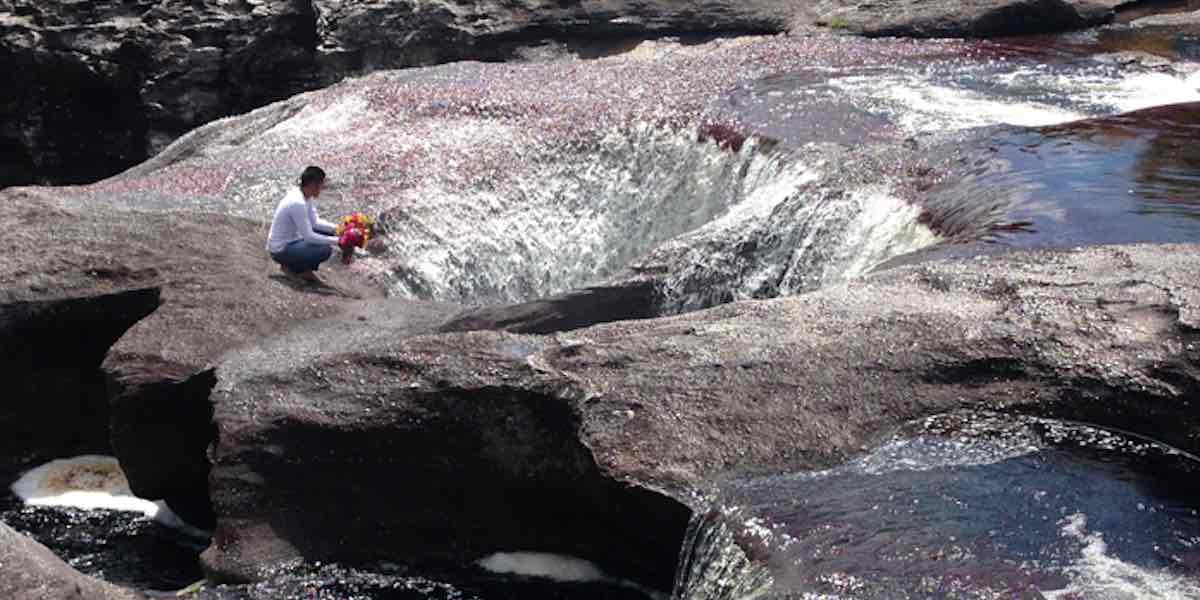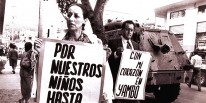Ciro Galindo was born on August 29, 1952, in Colombia. Wherever he went, war always found him. His children were recruited by the armies of war; his family was repeatedly displaced; and his wife Anita, an indigenous woman, died of sadness. Foreign to the system, but a victim of the system, Ciro has led a heroic anonymous struggle to live life on his own terms.
After twenty years of friendship, I understood that Ciro’s life sums up the history of Colombia. He is a privileged on-site witness of a war that seems distant and confusing. Ciro and Me narrates Ciro’s journey to meet his past in a quest to rebuild his life and create a future for him and his son.
Like so many Colombians, Ciro is a survivor who after sixty years of fleeing the war, dreams of living in peace and dignity.
